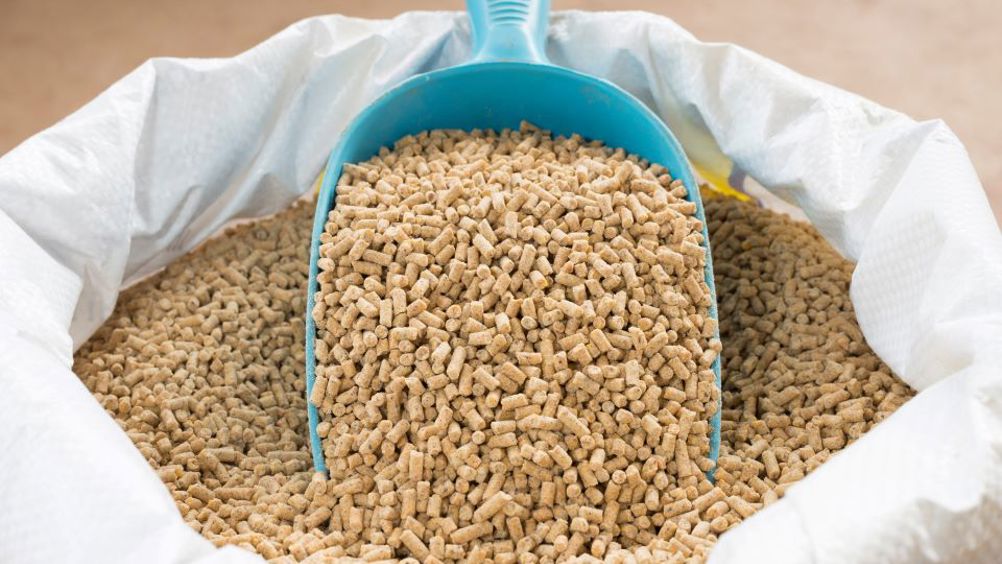Pilot plant uses carbon dioxide and hydrogen to produce animal feed
A pilot plant that will create animal feed from carbon dioxide and hydrogen gases is expected to transform food production and supply chains.

This is the claim of Netherlands-based Aerbio, which is working with a consortium of partners, including the Sustainable Aquaculture Innovation Centre (SAIC), as part of the REACT-FIRST initiative.
The project will produce a novel single-cell protein called Proton, which can be used as feed for salmon and chickens.
The opening of Aerbio’s pilot facility will allow larger feed trials to begin, with an initial 200kg of Proton being produced per month. The pilot facility will help the company determine how best to integrate itself into the food chain, with the Proton it produces being used in the assessment and development of several applications, including in the REACT-FIRST initiative.
Engineering work is also already being conducted on an upcoming ‘Market Launch Facility’, which will have the capacity to produce 250 tonnes of Proton per annum. Subsequent commercial sites are expected to each produce 100,000 tonnes of Proton per year.
Register now to continue reading
Thanks for visiting The Engineer. You’ve now reached your monthly limit of news stories. Register for free to unlock unlimited access to all of our news coverage, as well as premium content including opinion, in-depth features and special reports.
Benefits of registering
-
In-depth insights and coverage of key emerging trends
-
Unrestricted access to special reports throughout the year
-
Daily technology news delivered straight to your inbox










Water Sector Talent Exodus Could Cripple The Sector
Maybe if things are essential for the running of a country and we want to pay a fair price we should be running these utilities on a not for profit...